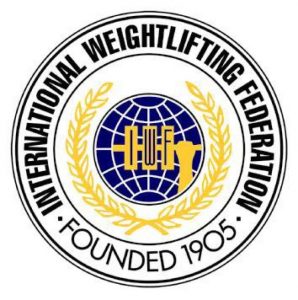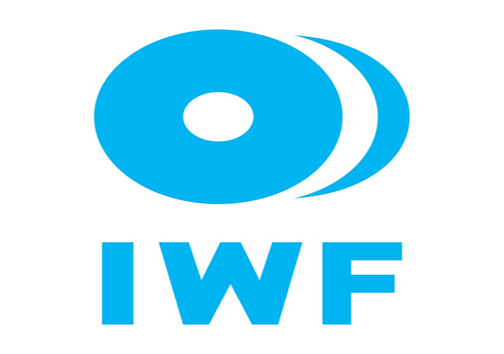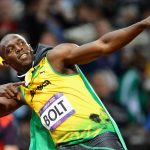For years and years now, the International Weightlifting Federation (IWF) has been plagued by doping and performance-enhancing drug issues.
Recently, however, things have gotten so bad that the International Olympic Committee has decided to put the IWF on notice and let them know that if they don’t clean up their acts by December 2017 they will not have a seat at the table by the time the summer Olympics of 2024 roll around.

The IOC president and a number of the other governing leaders have gotten sick and tired of the dog and pony show that has been international weightlifting competitions of late. While they recognize that it’s probably too late in the game to ban weightlifting from the Tokyo games in 2020, they have decided to cut back on the amount of weightlifters that are going to be able to compete at the 2020 games – a sign that the IOC is very, very serious about following through on the threats that they have made to the IWF and the weightlifting community in general.
Promising to ban weightlifting from international competition at the Olympics for at least eight years (starting in 2024) if the weightlifting community isn’t able to clean up their act and show how they are going to fight back against doping in the sport by December 2017, this is one of the strongest stances any international sports community has taken against one of their more popular sports – but this is a hard line in the sand that the IOC has had to draw.
Doping has been running rampant in weightlifting for decades now
It comes at zero surprise to anyone that the sport of weightlifting would be so filled with performance-enhancing drugs, doping, and coaches, medical trainers, and athletes looking for ways to subvert the rules to allow them to build bigger and stronger bodies to lift larger and larger quantities of weight.
However, the doping in weightlifting is far more widespread and far more rampant than in most any other Olympic sport. In the Beijing games of 2008 and the London games of 2012, 50 weightlifters out of 98 weightlifters were discovered to be doping AFTER the games – and all of them had their metals stripped, their records removed, and have been outlawed from international competition.
This isn’t just a speed bump and this isn’t just a couple of athletes competing in an unfair and less than ethical way any longer. This is a systemic and widespread problem that the governing body of the sport needs to address, or they are going to find their sport on the outside looking in when it comes to Olympic competition – and that’ll stop the development of the sport significantly.
The IWF, for their part, appears to be very serious about following through with the demands of the IOC. They have made a number of statements on their website committing to comply with all of the requests made by this international committee, are preparing proposals to share with the IOC, and are looking to work in partnership with the IOC and partner nations to come up with more stringent performance-enhancing drug testing protocols.
The IWF understands that if they lose a spot at the Olympics they may never get it back, and since they depend so much on this kind of publicity during the Olympics for funding they simply cannot afford to miss out on the opportunities that inclusion in the Olympic activities provide.
They have until December to come up with an actionable plan to curtail PED use in the sport. Let’s hope they’re able to come up with something that the IOC is happy with.







